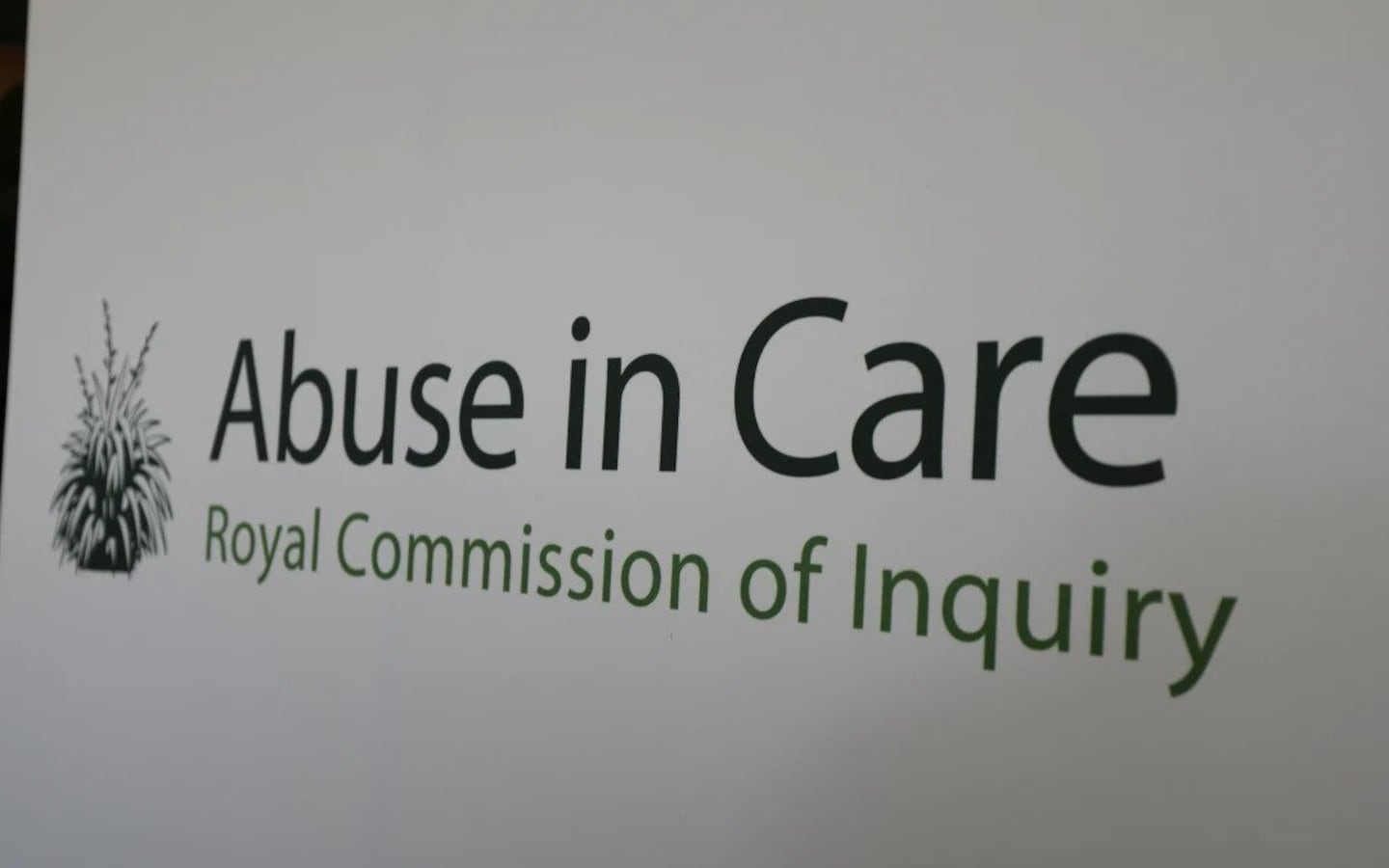The Government’s Redress System for Abuse in State Care Bill has passed its first reading amid passionate speeches exchanged in Parliament, as opposition MPs warned it risks re-traumatising survivors and betraying the purpose of redress.
The Bill, which sets out how compensation and formal apologies will be delivered to people abused while in state care, has been criticised for excluding those convicted of serious, violent or sexual offences.
Opponents say that restriction ignores the reality that many survivors’ offending was born from the trauma of abuse itself.
The Government maintains the measure is about fairness and public confidence.
Survivors who have served sentences of five years or more for serious violent or sexual crimes would not automatically receive financial redress, but they can still apply to have their claims independently reviewed by a retired judge, a King’s Counsel, or a lawyer of no less than seven years’ experience.
Why this Bill?
The redress legislation follows the Royal Commission of Inquiry into Historical Abuse in State Care and in the Care of Faith-Based Institutions, established in 2018 to examine abuse of children, young people and vulnerable adults in care between 1950 and 1999.
In July 2024, the Inquiry released its final report, estimating as many as 113,000 to 253,000 people had been abused in care and making 138 recommendations for redress and systemic reform.
That report included calls to ensure that offending by people who were themselves abused in care should not unfairly exclude them from redress.
Among its recommendations was the creation of an independent, survivor-led redress body and a legal framework that recognises the role trauma played in later offending.
It also explicitly recommended that survivors should not be unduly penalised for subsequent offending.
Passes first reading - despite staunch opposition
Te Pāti Māori MP Takuta Ferris said the legislation “weaponises redress” and turns what should have been healing into another form of punishment.
“It seems that some survivors deserve compassion and others do not; that is not justice, that is trauma,” he said.
Ferris told the House that many convictions were the direct result of trauma inflicted by the state and church, arguing that to deny redress on that basis was to deny responsibility for the original harm.

“This Bill breaches the most basic principles of human rights and natural justice. It punishes survivors twice for a system that failed them first.”
NZ First MP Casey Costello defended the Government’s position, saying the Bill sought to create a fair and consistent framework.
“It is a reality that when you are a victim of serious violent offending, you will feel aggrieved if the state pays significant redress to those offenders. This is not about removing rights; it’s about applying a consistent process,” she said.
Costello framed the Inquiry’s findings as “one of the darkest periods in New Zealand’s history” and said the reforms aimed to restore confidence in how the state handles historic wrongs.
From the ACT Party, MP Laura McClure, amid notable heckling from opposition MPs, argued redress must never excuse serious criminal offending.
“Even if you were sodomised, that does not give you the right to commit another crime or make another victim. That is completely unacceptable.”
“We need to take ownership. I support the redress system and the framework, but it must not create more victims.”
Green MP Hūhana Lyndon said true redress must centre on survivors, not bureaucracy.
“We cannot build healing on top of judgment. If redress is not survivor-centred, it will fail those who need it most.”
“If the state were a person, they would be serving preventative detention” - Mōrehu
Among those watching from the public gallery was survivor and co-chair of the Survivors’ Experiences Board, Eugene Ryder, who said the debate reinforced the importance of ensuring all survivors are treated equitably.
“If the state were a person, it would be serving preventative detention for the heinous crimes it committed against vulnerable children, but it’s not. That shouldn’t excuse it from ensuring all victims are given equitable redress,” Ryder said.
He said the current framing of “deserving versus undeserving” survivors echoed outdated moral judgments.
“That kind of thinking goes right back to the poor laws of the seventeenth century. Surely, we’ve evolved beyond that by now,” he added.
Additional legislative movement
In parallel, the Responding to Abuse in Care Legislation Amendment Bill, a separate reform package aimed at giving effect to many of the Inquiry’s recommendations, passed its third reading soon after the redress bill’s first reading.
The omnibus legislation makes technical changes to enable information sharing, strengthen record-keeping obligations, and set the groundwork for a future redress system, the Government says.
The redress bill has now been referred to the Social Services and Community Select Committee, where the public and survivors will be able to have their submissions heard.



